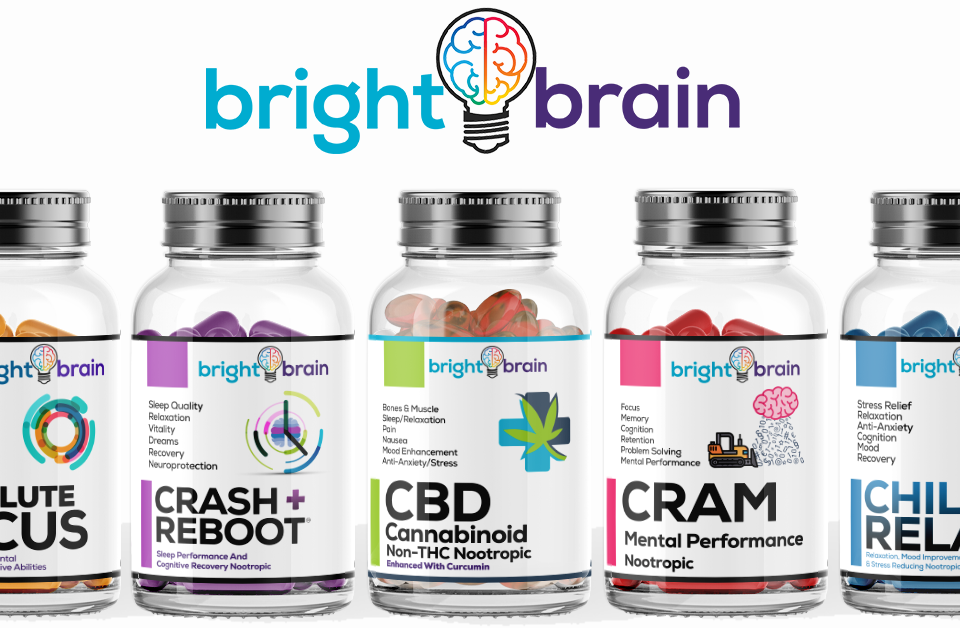Nootropics Cacao
Cacao, the raw, unprocessed form of cocoa, is often considered a potential nootropic due to its rich content of various compounds that may offer cognitive and mood-enhancing benefits. Here are some key aspects and potential benefits associated with cacao as a nootropic:
-
Flavanols and Antioxidants:
- Cacao is rich in flavanols, which are plant compounds with antioxidant properties. Antioxidants help combat oxidative stress and inflammation, which are associated with cognitive decline and various neurodegenerative conditions.
-
Improved Blood Flow:
- Flavanols in cacao may contribute to improved blood flow, including blood flow to the brain. Proper circulation is crucial for supplying nutrients and oxygen to brain cells, supporting cognitive function.
-
Cognitive Function:
- Some studies suggest that regular consumption of cacao or cocoa may have positive effects on cognitive function. This includes improvements in memory, attention, and processing speed. The exact mechanisms are still under investigation.
-
Mood Enhancement:
- Cacao contains various compounds that can influence mood and emotions. It contains phenylethylamine (PEA), a neurotransmitter associated with feelings of pleasure and happiness. Additionally, cacao contains small amounts of caffeine and theobromine, which can have mild stimulating effects.
-
Enhanced Neuroplasticity:
- Some research suggests that cacao consumption may enhance neuroplasticity, the brain's ability to reorganize itself and form new neural connections. This could potentially have implications for learning and memory.
-
Rich in Magnesium:
- Cacao is a good source of magnesium, an essential mineral that plays a role in various bodily functions, including nerve function. Maintaining adequate magnesium levels is important for overall brain health.
-
Reduced Stress and Anxiety:
- Cacao may have anxiolytic (anxiety-reducing) effects. The presence of certain compounds, such as theobromine, may contribute to a sense of relaxation and well-being.
-
Brain-Derived Neurotrophic Factor (BDNF):
- Some studies suggest that cacao may influence the release of brain-derived neurotrophic factor (BDNF), a protein associated with the growth and maintenance of nerve cells. Higher levels of BDNF are generally considered beneficial for cognitive health.
It's important to note that the benefits of cacao can vary based on factors such as the quality of the cacao, processing methods, and individual response. Consuming cacao in its raw or minimally processed form, such as dark chocolate with high cocoa content, may provide more of these potential cognitive benefits.
As with any dietary intervention, it's advisable to incorporate cacao as part of a balanced and varied diet. If you have any health concerns or conditions, it's recommended to consult with a healthcare professional before making significant changes to your diet or taking cacao supplements. Additionally, moderation is key, as excessive consumption of chocolate products can lead to unwanted effects such as excess sugar and calorie intake.






